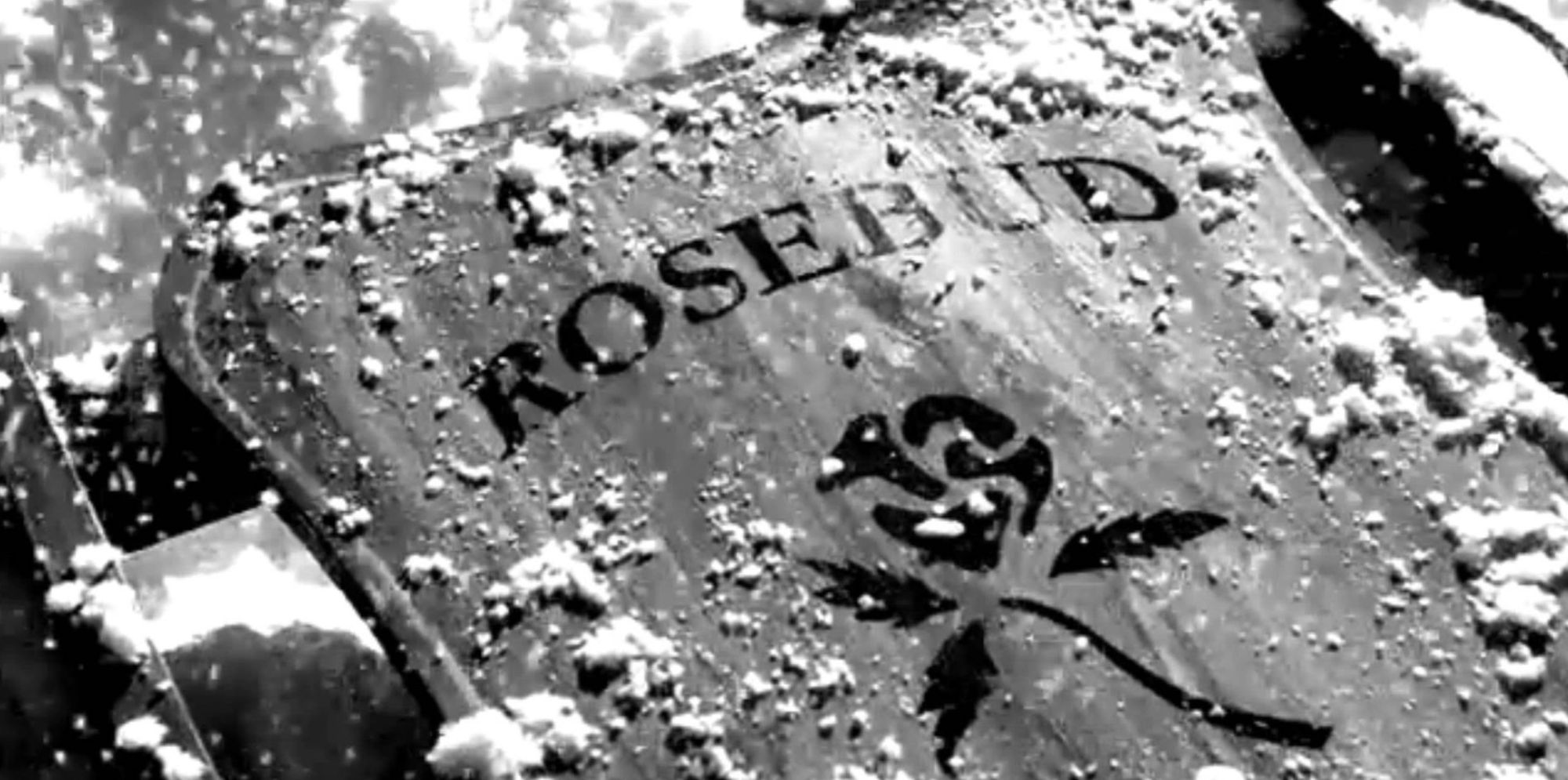The Sadness Of Plenty

Whenever my daughter asks for anything, we can usually get it, like that hyper-capitalist Ariana Grande song. Her wants are nothing crazy, she wants frozen grapes, cheese, stuffed toys. In this year of our Lord COVID-19, however, everything's a luxury. You know someone's going without.
That feeling of looking into my child's eye's and saying "Okay" is so easy for me, it's so light. Yet for so many people it must be heart-crushing. I can't imagine anything more crumpling. To not be able to provide for a child.
For so many children, that must also be what they learn. Children are constantly learning what they can expect from the world, and so many children quickly learn that they can't expect much. That the world doesn't have enough for them, that they're not wanted, that they're not as good as other kids, as other people.
When I was a child I distinctly remember doing this sorting in my mind. I remember the power of things. The social status of the playground and the school hallway.
One of the first memories that I know is mine (not a reconstructed photograph) is a fantasy, a commodity fetish. I imagined getting new shoes, somehow entering the playground on a helicopter, and the children being awed (not by the helicopter) but by my brown football shoes. I think they were Bata's. I never got them.
Later, in middle school, I began noticing that all the kids at the school were wearing a uniform of Abercrombie & Fitch, very specific baseball caps, woven leather belts, and high-top moccasin shoes.
Meanwhile I purchased all of my clothes in a single and miserable rush through Kids-R-Us or JCPenny, along with two sisters. "Does it fit? Just get it!" Only in hindsight do I realize this process was much worse for my mother. Were we poor? Absolutely not, we had everything we needed, but I still remember want. It tickles me still.
Later I remember returning to Sri Lanka for holidays, which in those pre-Netflix and iPad days could be boring as hell. My mother took me to the bookstores in Colombo Fort and I thumbed through the kids aisle, buying as many books as I wanted. They were thing, locally produced stories, with a few pictures.
They told stories of a different world, about poor children dreaming about going to the movies, about their real hopes and wants. One child imagined just being able to buy something when the concession man walked by, just some popcorn, toffees, or sweets. The dreams of a child, the dreams of plenty, so often unsatisfied.
Now, 30 years later, I still remember the longing of those stories, the longing of a child. To me—buying a book for 20 Rupees—it was crazy that your desires could be 20 Rupees away. But I understood the desire.
Now I look at my children and I wonder if they'll understand this. They can get anything they want at the concession stand. If we don't give them something, their grandparents or great-grandparents will. With the Internet we can satisfy even inchoate desires.
"I want it, I got it, I want it, I got it."
Neither my wife or I grew up like this, but why not? Everyone should grow up like this. My kids are asking for cheap toys and fruit. But then I know that so many children are going without their next meal, that entire countries are being besieged and sanctioned into starvation. These are not abstract things to me. I see them in my own children's eyes. Every time they ask I wonder, what if I had to say no?
I can feel the pang of a parent who cannot provide. Who must say no to a child, who has to put them to bed hungry. It must be a terrible feeling. It must curdle into rage, it must turn parents against each other, even against their children. And for what? What choice did any child make to be here? Can we not provide?
This to me is the sadness of plenty. The fact that we have so much and so many people go without. It's the flipside of having, which is knowing there are have-nots. In our own families, in our histories, the coin has flipped over many times. It never feels like it can, but it does. And yet so many human generations have so rarely seen the shiny side. Why?
We have created more goods than ever in human history, but who fucking cares? Why do we judge civilization by the hoarding pleasures of adults, and not the small pleasures of a child? Just a frozen grape, an extra slice of cheese, a toy to cuddle at night.
Instead we have grown-ups with third homes they don't live in, second cars they don't drive, even flaming rockets to space; anything to recapture the simple pleasures of a child. But this pleasure is much easier to obtain. Just give things to children. You can see it in their eyes. Just the reflection can take you a million miles.